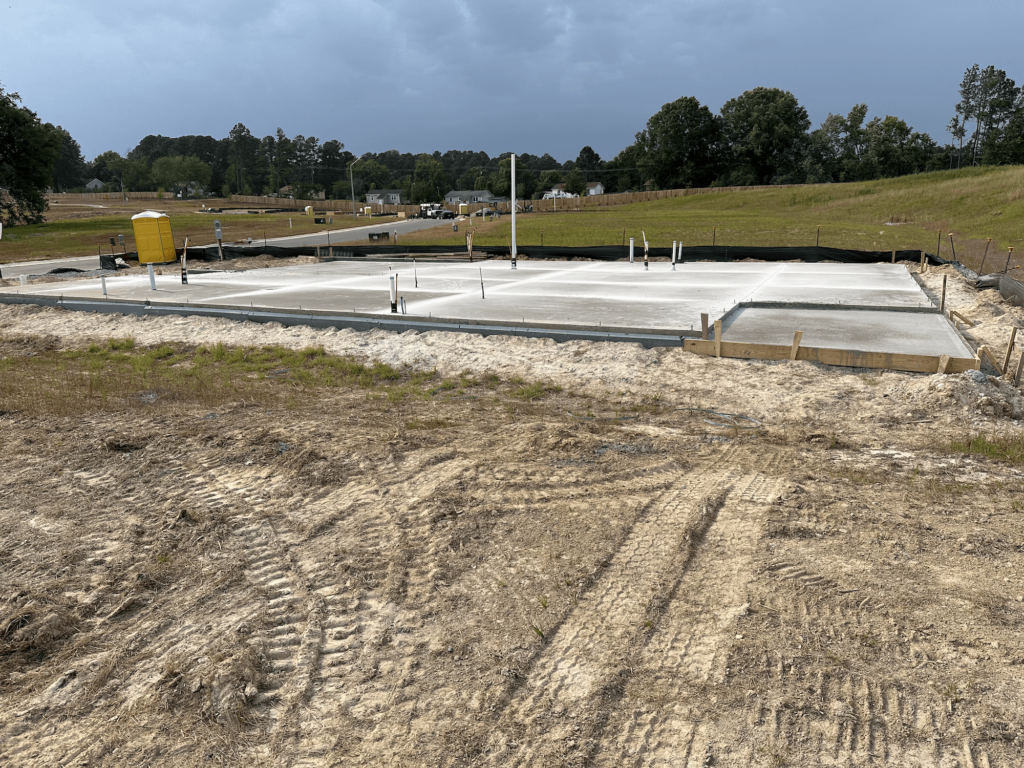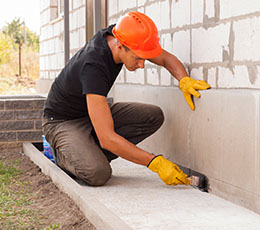



Monday 8am to 8:30pm
Tuesday 8am to 8:30pm
Wednesday 8am to 8:30pm
Thursday 8am to 8:30pm
Friday 8am to 8:30pm
Saturday 8am to 8:30pm
Sunday 8am to 8:30pm
Foundation Repair Services in Beaverton, OR
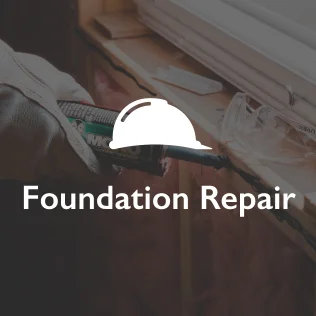
Foundation REPAIR
At Regional Foundation Repair, we're proud to offer the services of the top foundation repair experts in in Beaverton. Whether you need a small crack repair or something larger like house leveling, our team of professionals can help. We work with you to deliver customized solutions that will hold up for many years to come.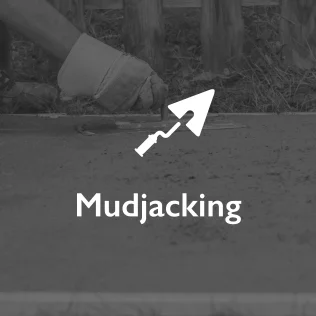
MUDJACKING & concrete leveling
We provide several lifting services (including mudjacking) to help level and stabilize your concrete slab. Other possible fixes include underpinning and polyurethane foam jacking. All of these solutions level your foundation without the need for replacement. Our expert team will complete an inspection to determine the cause of the problem and the best solution. Then, we'll provide our top-quality service to ensure your foundation stays level.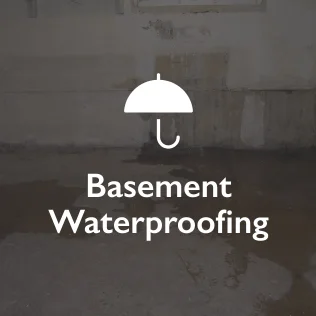
Basement waterproofing
If you notice water coming into your basement, you might need our basement waterproofing services. The longer you wait to deal with basement leaks, the worse the problem can get, so contact us today. We offer both interior or exterior waterproofing to help protect your home from water damage and mold.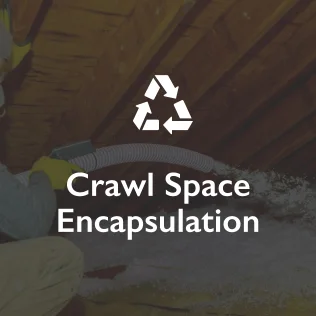
crawl space encapsulation
The health of a crawl space can affect the health of your entire home. From structural issues to mold growth, you want to treat crawl space problems quickly and prevent them from coming back. When you hire one of our experts to help with crawl space encapsulation, you know you're getting only the best. Our professionals will help waterproof your crawl space and turn it into a safe, dry capsule. This helps prevent water damage and gives you peace of mind.THE REGIONAL FOUNDATION REPAIR DIFFERENCE
COMPETITIVE PRICING
WORLD CLASS EXPERTISE
LASER LEVEL PRECISION
WORRY-FREE WARRANTIES
FOUNDATION REPAIR COST CALCULATOR
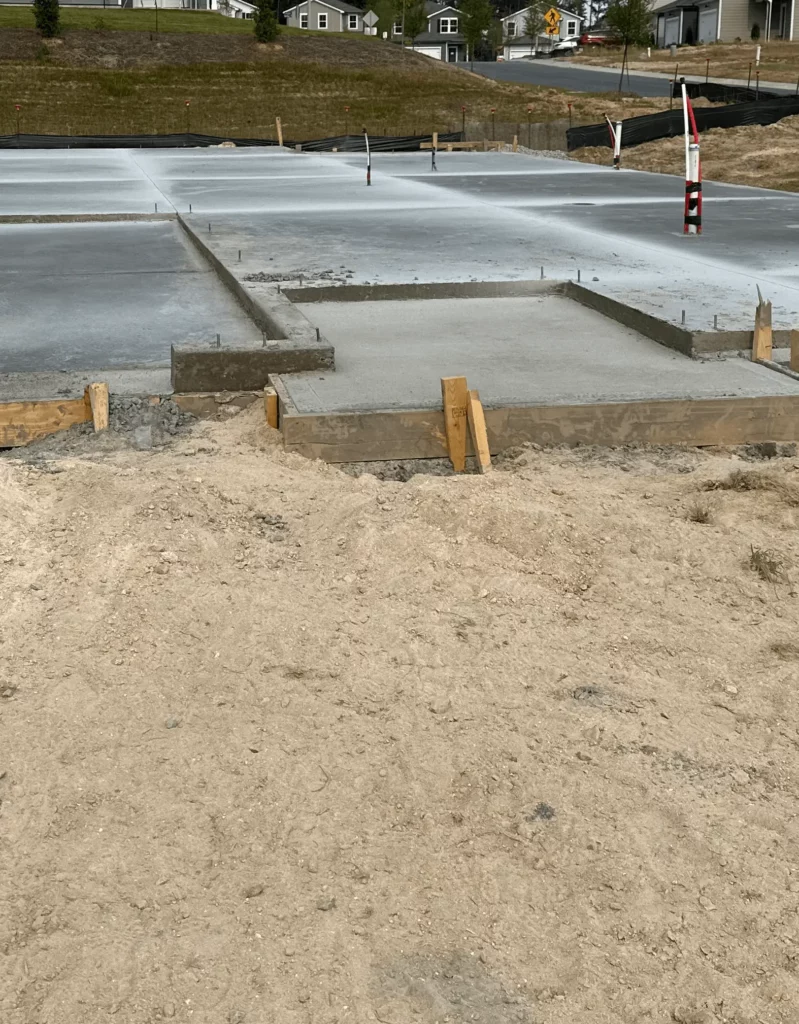
A local Beaverton expert will inspect your foundation to determine the cause of the issue and the best solutions, free of charge.
We'll develop a plan based on the specific issue, the underlying cause, and all of the factors specific to your home and property. We'll make sure you understand the work we do and why we do it.
We provide our top-tier service from start to finish: the best people delivering you the best results.
We're passionate about helping Beaverton homeowners and want you to have the best experience possible. We strive for great communication, fast service, and trust between our team and the neighbors we serve.
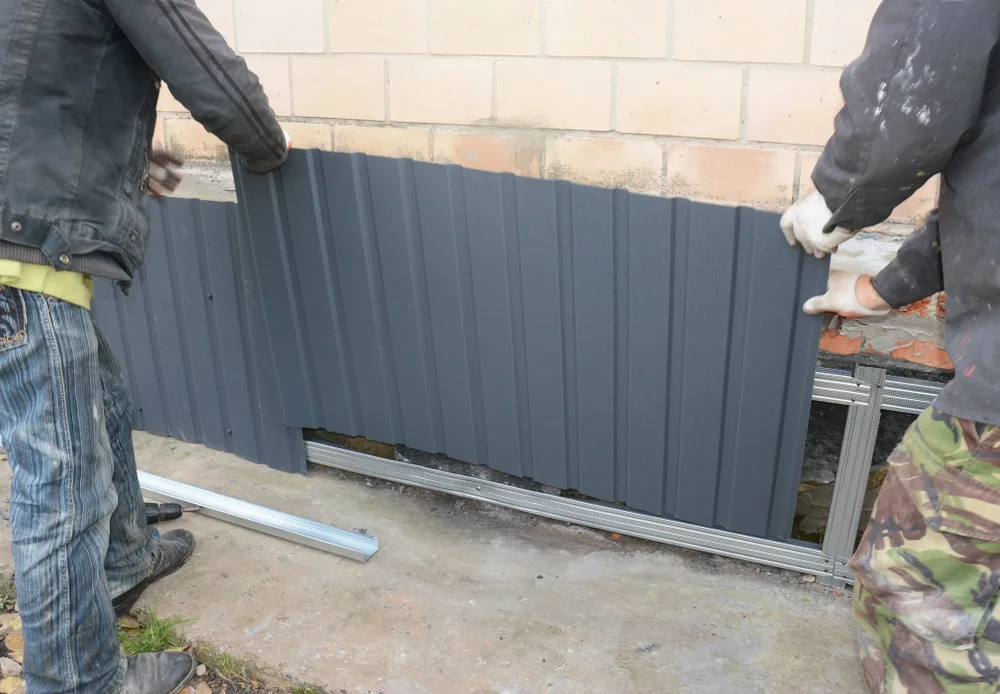
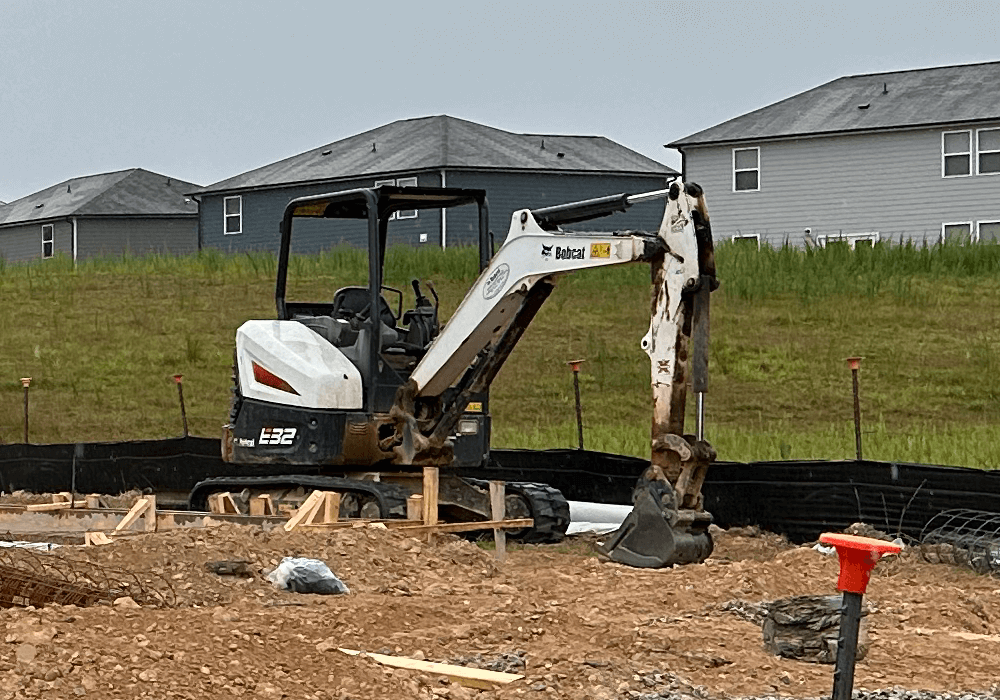
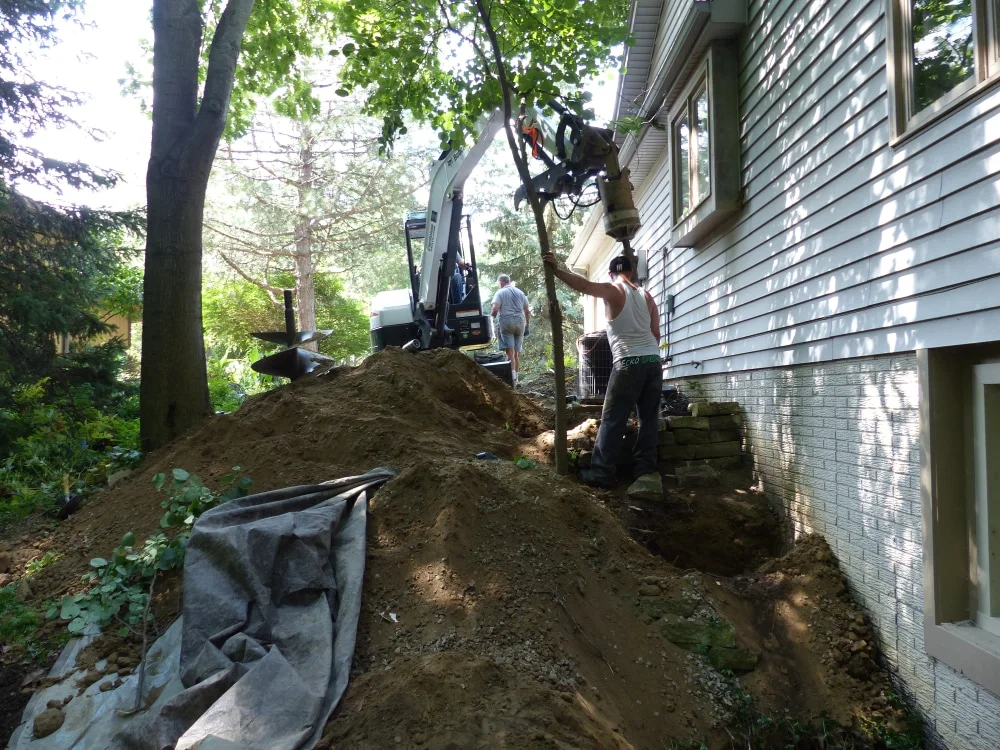
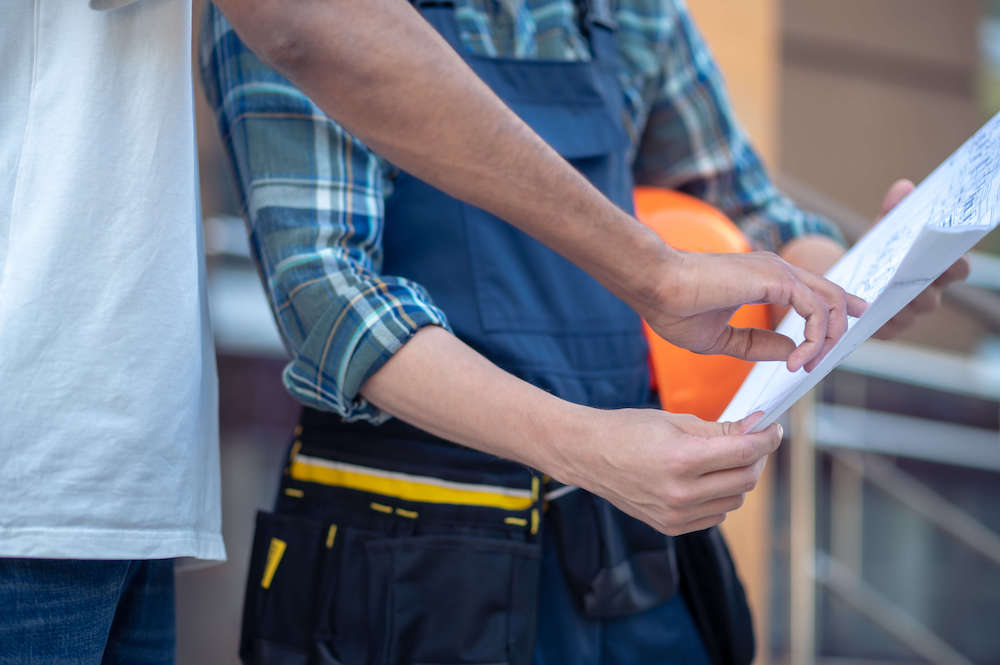
FOUNDATIONS WE Service
PIER FOUNDATIONS
Pier foundations are supported underneath by large concrete pillars known as piers. Sometimes, foundations of any type may need additional piers added later on as the foundation settles. Have questions about pier foundations? Click here.CONCRETE SLAB
Unlike some other foundation types, concrete slab foundations have no pen space under the house; the floor sits directly on the slab, which sits directly on the ground. This type of foundation tends to be straightforward and budget-friendly. Have questions about concrete slab foundations? Click here.BASEMENT FOUNDATIONS
Basements are very popular in Beaverton. Basements can be made with concrete or cinder blocks and may be finished or unfinished. Click here to learn more about basement foundations.CRAWL SPACE FOUNDATION
Like basements, crawl space foundations provide storage space under the house. Unlike basements, crawl spaces tend to have low overhead without room to stand up. A crawl space foundation may have a dirt or concrete slab floor. Learn more about crawl spaces foundations here.WOOD FOUNDATION
A permanent wood foundation (PWF) tends to be more budget-friendly than other options. A PWF can be all wood or have a concrete slab floor for the basement. You may need to take extra precautions when choosing a PWF in Beaverton due to the area's heavy rainfall. Click here to learn more about wood foundations.COMMON FOUNDATION ISSUES
CRACKS OR CRUMBLING
What It Is: Foundation cracks or crumbling (sometimes called spalling) are areas of visible damage to your foundation. What Causes It: Some cracks may be caused by the foundation settling over time. Others might be caused by natural phenomena, like severe weather or extreme temperatures. Crumbling is typically caused by moisture and might worsen if the moisture in your foundation freezes. Signs to Look For: You might notice cracking or crumbling in various locations. There may be issues on the foundation itself (inside or outside), on your basement floor, or even on your driveway. If you notice any cracking or crumbling, contact Regional Foundation Repair, and we can investigate and help determine if professional repair is needed.leaks
What It Is: Leaks are fairly straightforward: water getting into your basement or crawl space where it shouldn't be. Leaks can be large or small, and you might have one or several. What Causes It: Leaks are caused by gaps or cracks in your foundation that allow water in. Some cracks may form over time as the ground shifts, while others might be caused by external forces like severe weather and pests. If you've previously had your foundation or basement waterproofed, the seal may have a gap somewhere. Signs to Look For: You might find water inside, or you might notice white trails on the concrete left from minerals carried by the water. Learn how to identify, fix, and prevent leaks here.Here's a great video showing how professionals repair a concrete crack, a common foundation issue:
UNEVEN FLOORS OR CEILINGS
What It Is: You might notice that your floors or ceiling are no longer level, and this may be more pronounced the lower in your house you get. What Causes It: This is typically due to foundation settling. If the soil under one area of your foundation is more compacted, that part of your house will sink lower into the ground. This could be caused by things like soil quality or uneven moisture distribution. Signs to Look For: You may be able to visually tell that your floors or ceiling are uneven. You may also notice baseboards and molding peeling away from the wall or doors jamming when you try to open or close them.CRACKED, BUCKLING, OR BOWING WALLS
What It Is: If there's too much pressure on your foundation, the walls may begin to bow over time. This is often a sign that you need to call a professional right away. What Causes It: Problems with your walls are almost always caused by pressure. Normally, issues are caused by a combination of pressure from your house sitting on your foundation and the dirt pressing around it. Heavy rains in Beaverton can exacerbate the problem. Signs to Look For: You may be able to visually tell that your walls are bowling or bulging-if you're unsure, you can use a level to check your interior walls. You can also use a level or square where the wall meets the floor to see if the wall is tilting or the floor is uneven. You may notice cracks on interior walls, exterior walls, or both. You might also notice that doors and cabinets are no longer shutting properly.STICKING DOORS AND WINDOWS
What It Is: Doors and windows may sit askew in their frames and stick when you open and close them. What Causes It: A foundation settling unevenly can cause floors and walls to slant. This can obstruct the path of a door opening and closing, or distort door frames and window frames. Signs to Look For: Windows and exterior doors may let in a draft. Doors and windows may be difficult to open or close, and doors may seem to drag along the floor when being opened and shut.MOLD, MILDEW, AND WATER DAMAGE
What It Is: Water damage refers to any damage caused by water flowing over the same path over and over or getting anywhere it isn't supposed to. Mold and mildew growth tends to happen in areas with a lot of moisture and can be hazardous to your health. What Causes It: Water getting into places where it shouldn't be, especially over an extended period of time, will lead to water damage. Water building up and standing in corners, cracks, or other areas can encourage mold and mildew growth. Excess humidity can also contribute to these problems. Signs to Look For: If you notice new damage around your foundation or basement, monitor the area for moisture, especially during and after rain. Mold or mildew may appear as black or white spots on concrete and can produce a damp or musty smell. If your basement is unusually humid or you notice things like condensation or peeling wallpaper), it's a good idea to have a professional inspection.Frequently Asked Questions
Have questions? We have answers! Here are answers to a few of our most commonly asked ones.
How much does it cost to repair a foundation in Beaverton, OR?
How long does a foundation repair take?
What is foundation settling?
Are some foundations unrepairable?
When should you walk away from foundation problems?
How much does basement waterproofing cost in Beaverton, OR?
Proudly Serving Beaverton, OR
See Our Other Oregon Locations:
